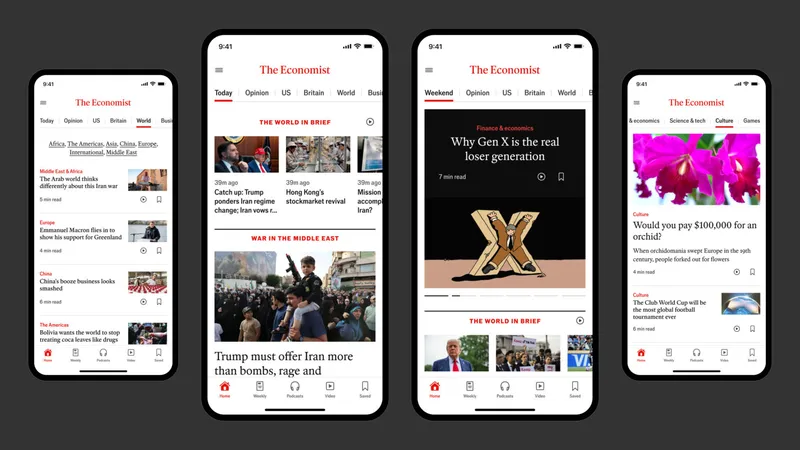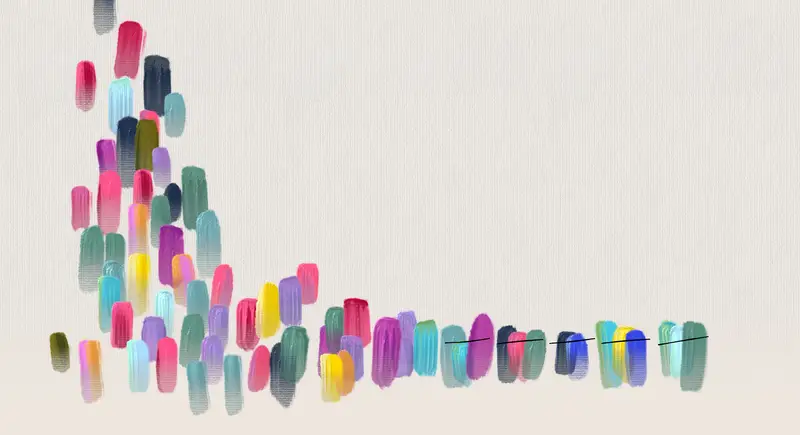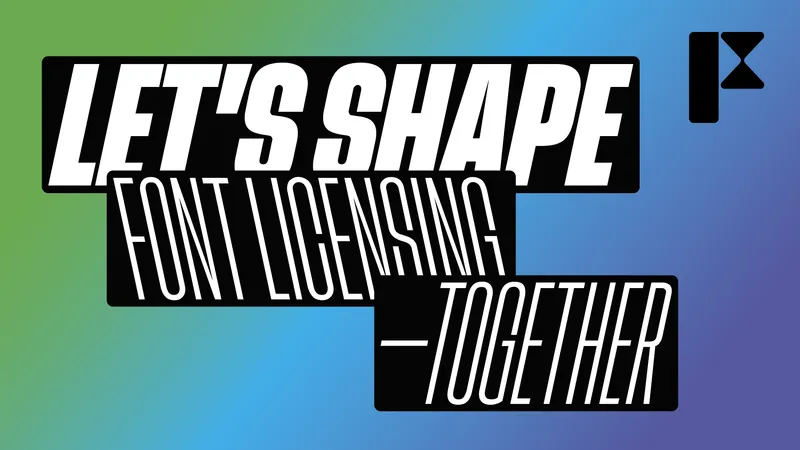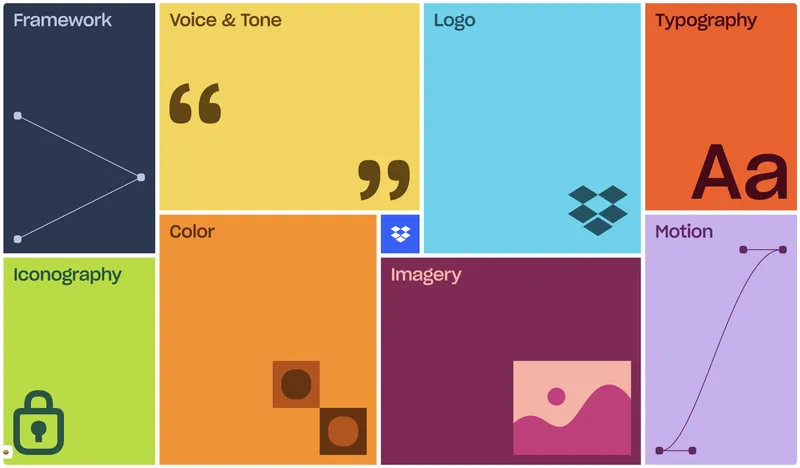Links
A regularly updated collection of things I find worth reading, watching, or listening to. Subscribe via RSS.
-

The Economist app’s Home tab layout will change depending on whether it’s a week or weekend day, in an attempt to fix their “relatively leaky bucket” and retain subscribers.
During the week, the app will lead with a horizontal top stories bar called “The World in Brief,” followed by the day’s latest stories and vertical videos. On the weekends, “The World in Brief” will be pushed further down and the Home tab will promote longer, in-depth stories and opinion and culture writers while a Weekly tab will highlight stories from the week’s print edition.
I’m curious if this approach will work. I seek out longer reads on weekends (in whatever news apps I’m using), but I also save them for the weekend throughout the week, and I can’t admit to ever having achieved inbox zero.
-

Words of Type brings together the terms used in typography, illustrated and explained in multiple languages. It’s a multilingual encyclopedia for typography, initiated by Lisa Huang. She noticed a lack of consistency or availability of typographic terms. In translating them, she aims to create a useful and accessible tool for everyone interested in typography.
Here, I’m linking to her essay on its creation, available on Fontstand.
-

Every day is filled to the brim with appointments, meds, needles, bills and pain. The brushstrokes of my illness are suffocating.
Giorgia Lupi, an information designer, on three years of long Covid. I encountered the piece because it was nominated for a Webby for Best Datavisualization. What has become of her life sounds horrendous; how she has chosen to present that horror, is admirable.
-

Fontstand is becoming a cooperative. They will be “owned and governed by independent type foundries” and are committed to creating a “fair, transparent and sustainable platform for font distribution”.
I’m curious to see how this shakes out. They’re running a Font User Survey which, if you ever license fonts, you might want to fill out.
As part of the process we are rethinking how fonts are licensed—aiming to design something simpler, clearer, and more intuitive for users—and this is where we need your input. We would like to hear about your experiences using fonts: What works? What’s confusing or frustrating? What would you change? Your answers will help us decide how licensing works within Fontstand Cooperative.
-

I recently stumbled upon Dropbox’s (new?) brand guidelines, and the site they’ve put together for it is incredibly well done. Every chapter has its own interactive elements, the animations are perfectly executed, and none of it is overcooked. Impressive!
-

From 2019, but as relevant as ever. Matthias Ott on why carving out your own place on the internet is so important.
Building things for your own site is so worthwhile because you are allowed to make mistakes and learn without pressure. If it doesn’t work today, well, maybe it’ll work tomorrow.
I’ve yet to look into and implement Webmentions and Webrings, and I need to submit my site to a few more directories, but the barriers for me to continue building my own place on the web have definitely been lifted.
-
Quality is a trap
№ 59Eric W. Bailey explains why the term “quality” keeps popping up in the design industry and shows how malleable and variable a term it is.
“Pride in craft is always important. Just be sure that the craft is serving objective and constructive concerns.”
-
A special episode where Charlie Jermyn recites an essay he wrote for the first issue of TRANSCRIPT Magazine.
The reading is a written documentation of a ten hour experiment conducted in August 2021: a walk from Leiden to Amsterdam in search of creative enlightenment. Each hour is interspersed with music that reflects the landscape and circumstance he found himself in.
-
Elliott Jay Stocks, who I’ve followed ever since he did 8 Faces, shared a great few nerdy typographic nuggets in his talk at Config 2025. Product Designers, take note.
-
Looking elsewhere
№ 56Many great thoughts in this article by Robb Owen about craft, intentionality, standards and hype.